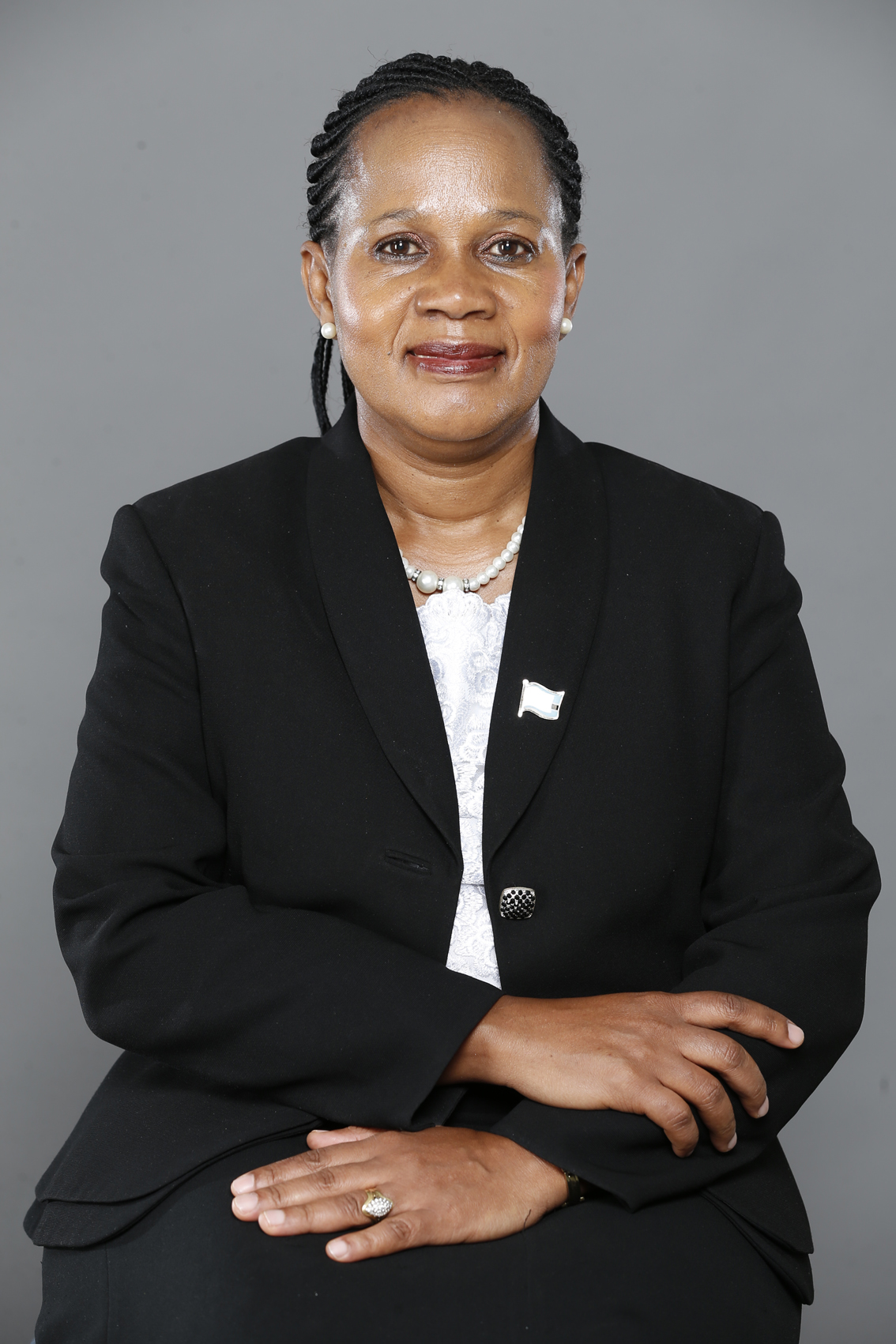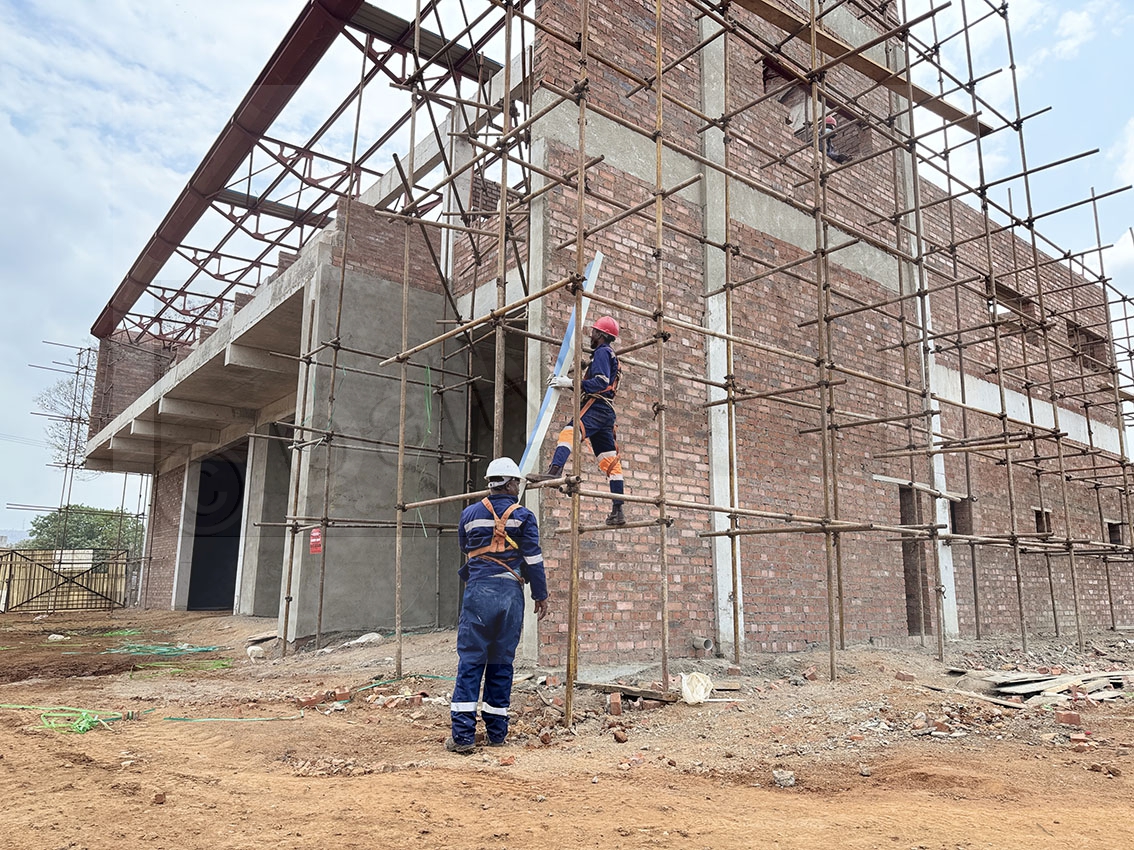BERA prioritises citizen participation in LPG
25 Aug 2022
Botswana Energy and Regulatory Authority (BERA) is looking towards the regulation of Liquefied Petroleum Gas (LPG) .
BERA Chief Executive Officer, Ms Rose Seretse says citizen participation in the petroleum sub-sector remained a priority to ensure an economic countrywide supply of fuels as enshrined in the recently approved National Energy Policy (NEP).
Ms Seretse said the exercise would be exclusively concerned with facilitating locals to leverage from the product, adding that the authority recently conducted a market study into the supply and distribution of LPG in the country with an overall objective of establishing the baseline of how the market operates.
She said the study was necessitated by the fact that the local LPG market had never been regulated, and it would be a base for informing decisions on the proper regulation of the LPG sub-sector.
She stated that on average, Botswana consumed 21 000 tonnes of LPG annually; with a total typical storage capacity for the product importers and distributors amounting to 851 000 and 607 000 litres respectively.
The figures, she said, projected a path for citizen participation in the petroleum sub-sector, which the regulator endeavours to facilitate.
Ms Seretse said the retail space would be reserved for citizen entrepreneurs in line with trade regulations, therefore no foreign-owned company will be allowed to trade in it.
She said overtime, LPG imports had increased and were attributed to five key players in the distribution of the product, with the majority being foreign owned businesses.
Based on the latter, the chief executive officer said the local LPG industry would be reorganized to attain the much-needed efficiencies and value for money.
Therefore, she said existing levels, where there were wholesalers/suppliers, distributors, and retailers, would be revised to two levels of suppliers and retailers.
On the security of supply of LPG, Ms Seretse said the matter remained crucial to the regulatory authority, hence the urgent need to expand existing government reserves and storage infrastructure to accommodate strategic stocks.
This, she said, should see BERA ensuring adequate LPG storage capacity, and extending the product distribution infrastructure to all parts of the country.
She revealed that already, the development of a legal framework for the petroleum sector to facilitate investment in petroleum products infrastructure and promote the use of global best practices in the storage, handling and transportation of LPG, was at an advanced stage.
In addition, she said the filling of gas cylinders of any size and type at a retail facilities was receiving active health, safety, and environmental consideration.
Ms Seretse said there were also considerations on ensuring the quality of the gas imported and consumed in the country, especially during the era when distributors were entering the local market and procuring.
The regulator has thus developed and submitted LPG standards to the Botswana Bureau of Standards, which have been approved for practice to ensure optimum quality product supply, she said.
Ms Seretse said the market study cited prevalent consumer complaints from the public relating to the under filling of gas cylinders, stating that this was believed to be one of the reasons why gas finished quicker than expected.
She said they would ensure a widely adopted method of LPG trade by mass, adding that the Weights and Measures Act required that where weight/mass was used for sale, the equipment (scales) must be regularly calibrated and verified by a competent authority.
She said recent developments were that resellers of LPG were to possess some form of verification equipment, when they sell the gas to consumers.
“It is important that price regulation is introduced once the LPG market is properly structured. This is to avoid distortions that arise because of embedded inefficiencies that may come along with the unstructured market,” Ms Seretse said.
Furthermore, she said a framework for the pricing of LPG would take into consideration the source of origin (reference markets) of the gas, supply routes with their associated costs, and applicable taxes and levies.
She said the authority found the need to play a facilitative role to ensure that the industry was properly guided, hence the urgent need to form an LPG association, that would represent the industry in all matters regarding the promotion of the safe use of LPG.
Ms Seretse reiterated that a member of the association would be obliged to abide by certain practices and principles, including maintaining the highest degree of personal integrity, credibility and business ethics at all times.
Moreover, she said members would also ensure that all activities were carried out in a manner that minimises the impact on the environment and causes no harm to the public. ENDS
Source : BOPA
Author : Marvin Motlhabane
Location : GABORONE
Event : INTERVIEW
Date : 25 Aug 2022






